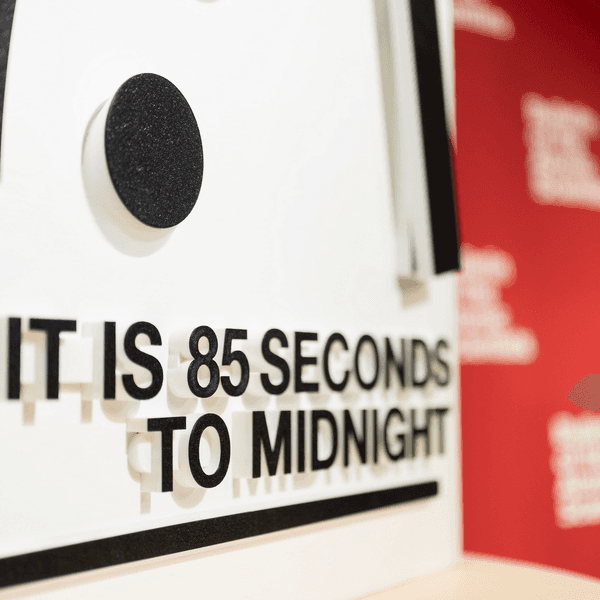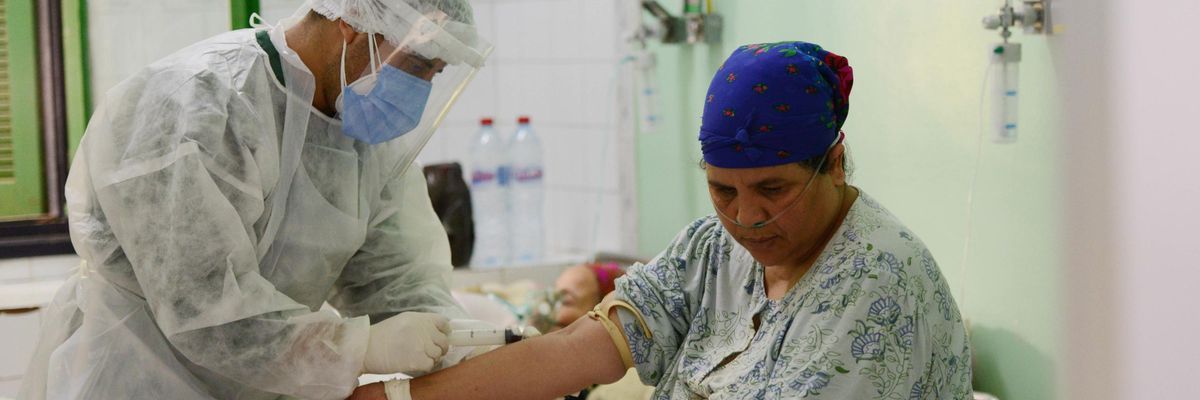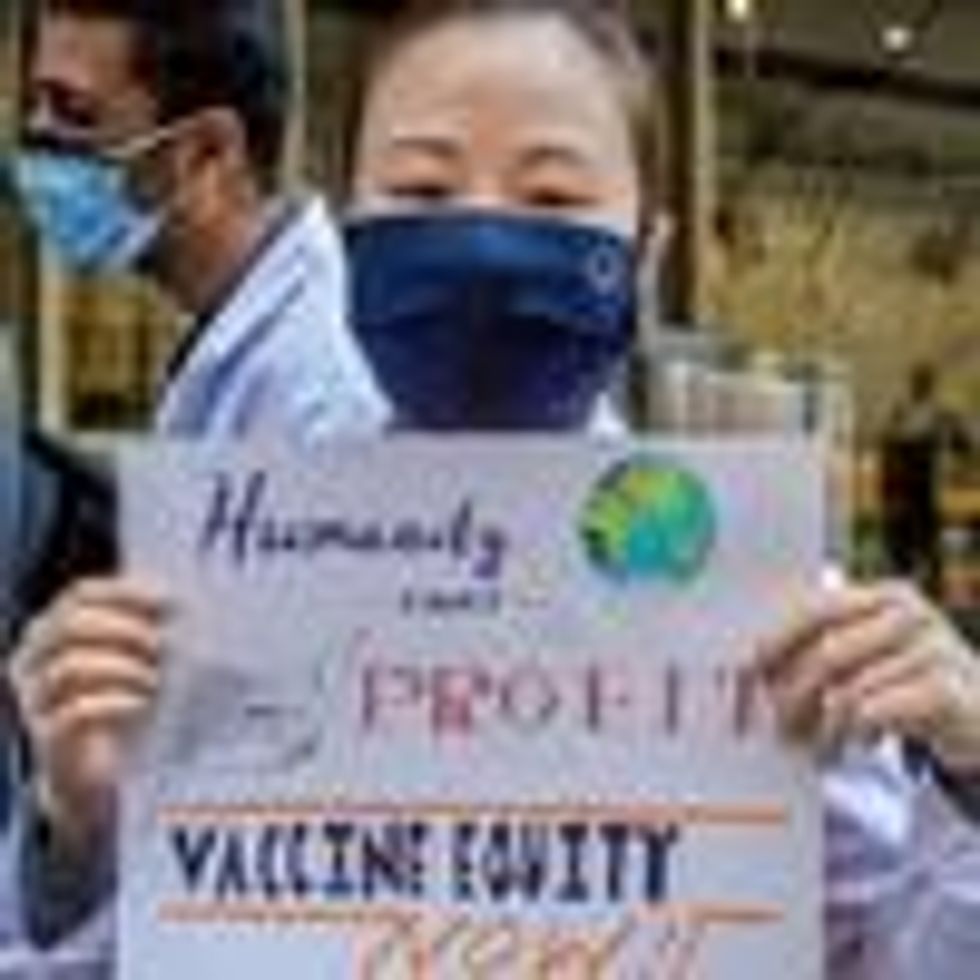The director-general of the World Health Organization on Monday cautioned the international community against accepting the increasingly common view that peaking Omicron cases signals the approaching end of the global Covid-19 pandemic, which is still killing more than 8,000 people a day.
"Eighty-six percent of the population of Africa is yet to receive a single dose of vaccine."
In remarks at the start of a WHO executive board meeting, Dr. Tedros Adhanom Ghebreyesus said that "it is dangerous to assume that Omicron will be the last variant, or that we are in the endgame."
"On the contrary, globally the conditions are ideal for more variants to emerge," Tedros added, referring to persistent inequities in vaccine distribution that have left billions of people in poor countries without access to shots nearly three years into the pandemic.
Over the past year, epidemiologists have been vocally warning that a failure to ensure equal vaccine access worldwide would provide ample opportunity for new variants to emerge and spread. The WHO is currently monitoring seven coronavirus variants, and experts believe Omicron's rapid spread means more strains are likely coming.
"There is no path out unless we achieve our shared target of vaccinating 70% of the population of every country by the middle of this year," said Tedros. "As it stands, 86 member states across all regions have not been able to reach last year's target of vaccinating 40% of their populations--and 34 member states, most of them in Africa and the Eastern Mediterranean region, have not been able to vaccinate even 10% of their populations."
"Eighty-six percent of the population of Africa is yet to receive a single dose of vaccine," he continued. "How can this be acceptable to any of us?"
Related Content
Experts Warn Failure to Rapidly 'Vaccinate the World' Creates Dangerous Opening for Covid-19 Mutations
Jake Johnson
Tedros' comments came a day after Hans Kluge, the WHO's regional director for Europe, said in an interview with AFP that "it's plausible that [Europe] is moving towards a kind of pandemic endgame" once the Omicron wave subsides.
But Kluge went on to echo Tedros' concerns, noting that "this virus has surprised [us] more than once so we have to be very careful."
"There should be no patent on saving lives."
Dr. Anthony Fauci, the chief medical adviser to U.S. President Joe Biden, said Sunday that with Omicron cases apparently peaking across the country, "things are looking good."
"We don't want to get overconfident," Fauci added, "but they look like they're going in the right direction right now."
Poor nations desperately struggling to obtain coronavirus vaccines and therapeutics for their populations are unlikely to be cheered by such assessments.
According to Our World in Data, just 9.5% of people in low-income countries have received at least one coronavirus vaccine dose as pharmaceutical companies hoard technology and rich nations hoard surplus shots--and allow millions of doses to expire unused.
"While the acceleration, peak and decline of this wave have been unmatched, its impact has been moderate, and Africa is emerging with fewer deaths and lower hospitalizations. But the continent has yet to turn the tables on this pandemic," Dr. Matshidiso Moeti, the WHO's regional director for Africa, said in a statement last week.
"The deep inequity that left Africa at the back of the queue for vaccines must not be repeated with life-saving treatments," Moeti added. "Universal access to diagnostics, vaccines, and therapeutics will pave the shortest path to the end of this pandemic and no region of the world should be left on the fringes of this endeavor."
More than 100 firms in the developing world stand ready to mass produce mRNA vaccines, but the governments of wealthy nations have refused to force pharmaceutical companies such as Pfizer and Moderna to share their recipes.
"Thirteen million-plus people and 100 governments back a patent waiver to help end the pandemic, but a few rich countries have blocked it for over a year," the People's Vaccine Alliance tweeted Monday, referring to India and South Africa's long-stalled proposal to temporarily suspend coronavirus-related intellectual property protections.
"There should be no patent on saving lives," the alliance added.





